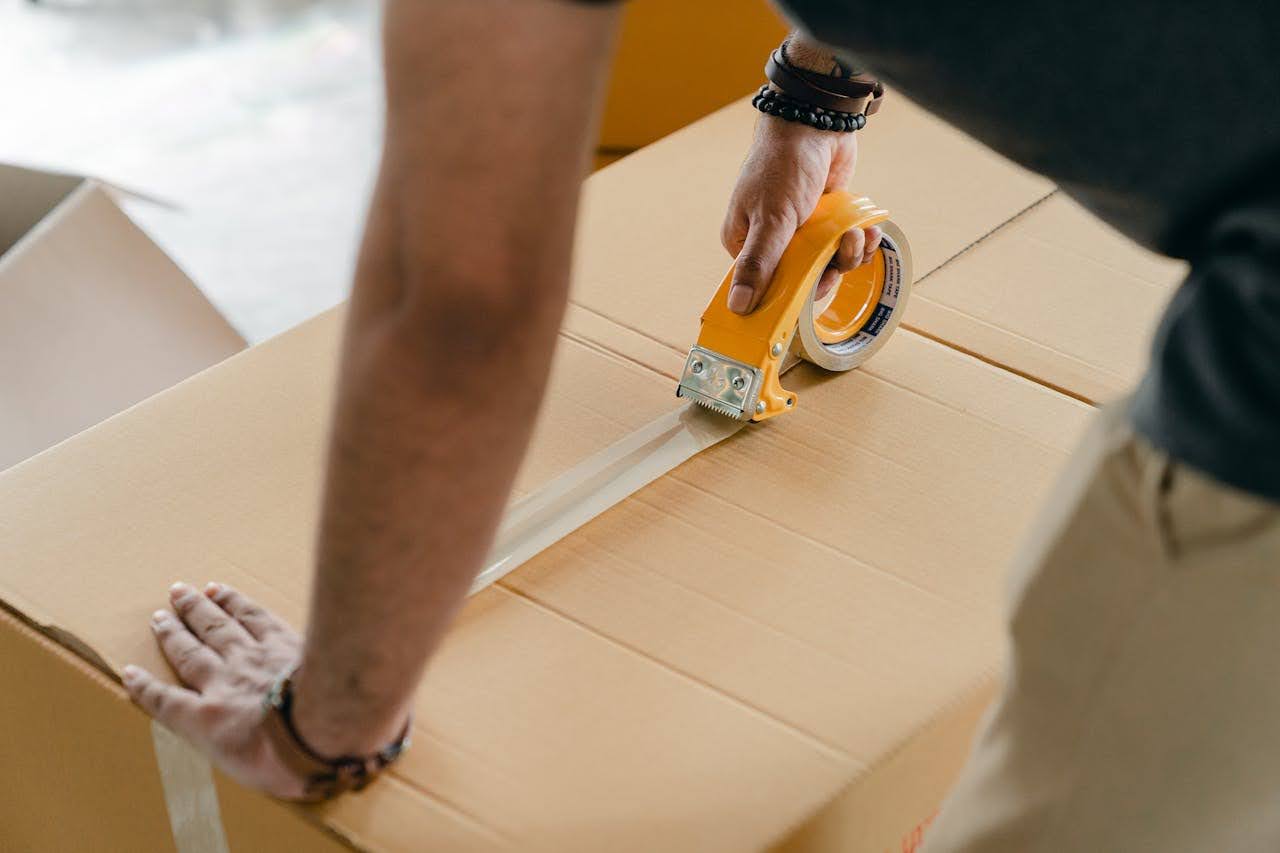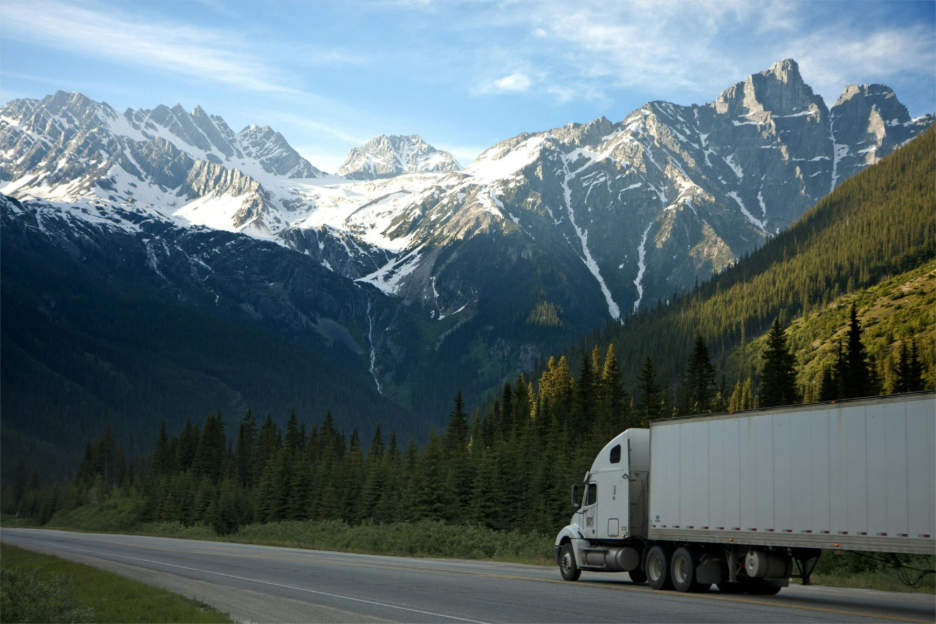Moving across the country stresses everyone out. I’ve helped dozens of people organize their long-distance moves, and some strategies work, but others fail spectacularly. The difference between a smooth move and months of chaos comes down to organization.
You can’t just wing it when you’re relocating 1,000 miles away. You need a system that works.
Set Up Your Moving Command Center
Pick one spot in your house for all moving paperwork. I always recommend the kitchen counter because you see it every day. Get a large binder with dividers and label sections for quotes, contracts, inventory lists, and receipts.
Write down every task that needs completion before your move date. Break big jobs into smaller steps. Instead of “pack the house,” write “pack guest bedroom closet” or “sort through kitchen cabinets.”
Set deadlines for each task and work backwards from your move date. If you want to compare interstate moving companies, start that process eight weeks ahead of time. Utility transfers need attention four weeks before you move.
Starting three months early gives you breathing room. One month means panic packing, and that sucks.
Attack One Room at a Time
Pack one room completely before you move to the next. This prevents your whole house from becoming a disaster zone at once. You’ll still have functional spaces as other areas get packed up.
Start with the rooms you use least. Guest bedrooms go first, then formal dining rooms or basement storage areas. Save your bedroom and kitchen for last because you need these spaces right up until moving day.
Create an inventory sheet for each room. Number every box and write down what goes inside. This sounds tedious, but it saves hours of searching later. When you arrive at your new home, you’ll know exactly which box contains your coffee maker.
I learned this lesson the hard way during my first long-distance move. It took three weeks to find basic kitchen items because I didn’t keep proper records.
Color-Code Everything
Buy colored tape for different room destinations. Blue for the master bedroom, red for the kitchen, green for the living room. Mark both the top and sides of each box so you can identify contents no matter how the boxes get stacked.
Take this system further and assign priority levels. Use stars or numbers to mark boxes you need first. Your coffee maker, basic tools, toilet paper, and phone chargers get top priority. Holiday decorations can wait.
Pack Your Survival Kit
Trust me on this one. Pack a survival kit before you touch anything else. Get a big, clear container and throw in toilet paper, hand soap, towels, basic tools, phone chargers, snacks, water bottles, and a first aid kit.
Paperwork goes in here, too. Lease agreements, utility stuff, school records, insurance documents. Keep this container with you, not on the truck.
I always tell people to pack three days’ worth of supplies. You never know what’s going to be closed when you get there.
Get Your Utilities Sorted
Call utility companies four weeks before you move. Electric, gas, water, internet, and trash pickup — they are all important and all of them need notice. I schedule disconnection the day after I move and connection the day before I arrive.
Mail forwarding takes two weeks to set up. Do it early. Banks, credit cards, subscriptions, and work; make a list and check it twice.
Professional Packing Works

Some stuff needs professional packing. Things like artwork, antiques, china, and electronics should be packed with care when you move. These things break easily on long hauls. Moving companies know how to pack them right.
If you want to pack your own stuff, make sure to buy good materials. Cheap boxes fall apart. Fill empty spaces so nothing shifts around.
Moving Day Survival
Moving day gets crazy fast. Keep important stuff with you: medications, jewelry, documents, and things you need right away.
Pack like you’re going on vacation for a week. Clothes, toiletries, personal stuff. You don’t want to dig through boxes for clean underwear.
Set up your bedroom first when you get there. You need somewhere to crash when everything else looks like a tornado hit it.
Moving long distance tests you. Good organization saves your sanity. Start early and get help when you need it.

